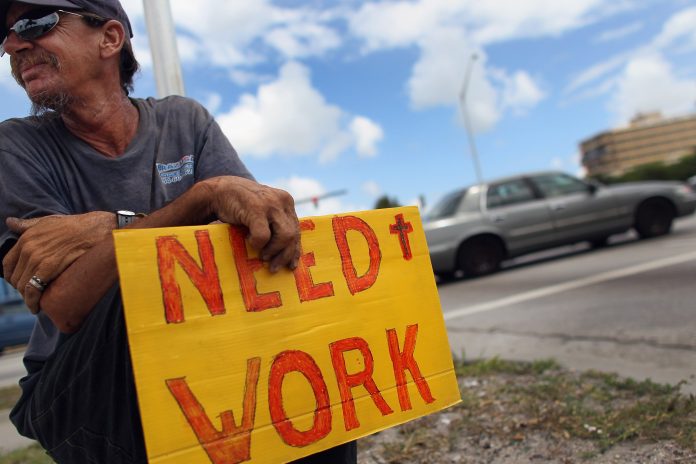Central bankers at the Jackson Hole symposium were very clear that their next steps in fighting inflation are data dependent, looking especially at the figures coming from the labour market, writes eToro analyst for Romania, Bogdan Maioreanu.
The first data from the US came Friday and it shows the American economy continuing to add jobs, but with slower wage increases, validating the Fed’s high interest rate policy However, the battle against inflation is not won yet and strong labour markets on both shores of the Atlantic still allow central bankers the flexibility to keep the rates at high levels longer.
In Europe the labor market is showing no weakness signs. Latest unemployment data for July came at 5.9% for the European Union and 6.4% for the Euro Area. This strong labour market might force the ECB to keep the interest rates high for longer. So far the estimates are for a hold at the September 14 session.
Romania’s unemployment dropped to 5.5% from a revised 5.6% a month ago. EU countries from Eastern Europe are posting even lower figures than Romania’s: Czechia unemployment is at 3.5%, Hungary at 4%, Slovenia at 4.7%, Poland at 5%, Bulgaria and Slovakia at 5.2%.
In the U.S total nonfarm payrolls employment increased by 187,000 in August, and the unemployment rate rose to 3.8 percent. The jobs data continues to show us that the US economy is not even near a recession. But there are some details to be concerned about in this report. Hiring is still supportive of a healthy economy, yet there was a noticeable uptick in unemployment. Part of this is a good story – people are coming back into the labour force, which can temporarily lift the unemployment rate as only people who are actively looking for a job are counted as being unemployed. But it is noteworthy that the number of unemployed people jumped the most since early 2020.
Wage increases in the US seem to be slowing again, though, which is good news for the Fed. And the wage number could cool concerns around signs of faster inflation. Wage growth at 4.3% is way too high for the Fed’s inflation target of 2%, and it could force them to keep rates high for a while.The US economy has become a bit of a guessing game, inflation data is heating up again, yet the job market may still be weakening. Market estimates are that the Fed will pause on the next FOMC meeting on September 20.
When it comes to the labour market, 75% of Romanian, 73% of Poles and 76% of Czech investors are confident about their job situation, reveals the latest eToro Retail Investor Beat survey. Despite having one of the largest unemployment rates in Europe exceeding 11%, Spain investors are more confident (65%) than the Italian ones (44%) though Italy sits at an unemployment rate of 7.6%. But the most confident Europeans are the Dutch investors (84%) with the Netherlands unemployment rate of 3.6%.
















